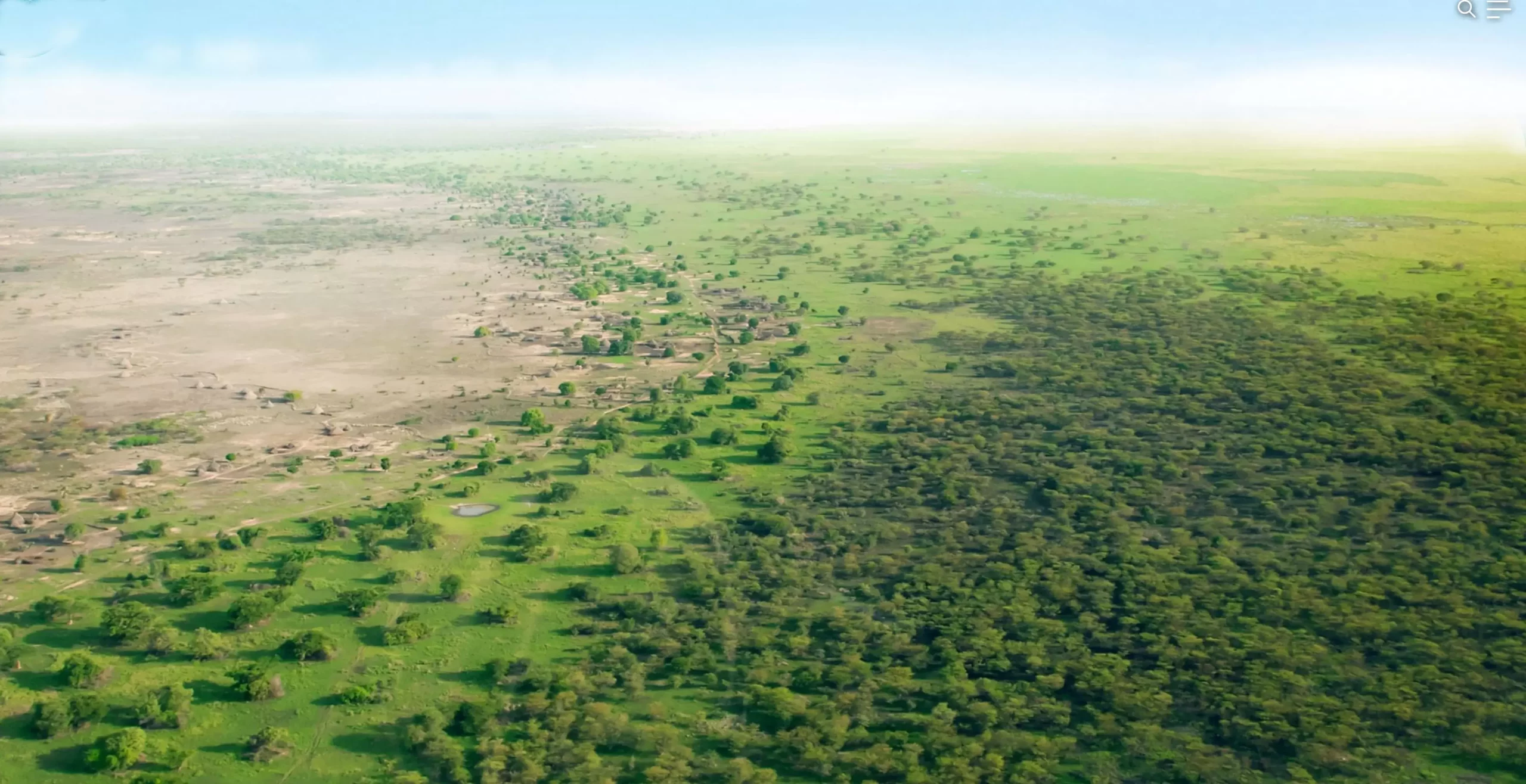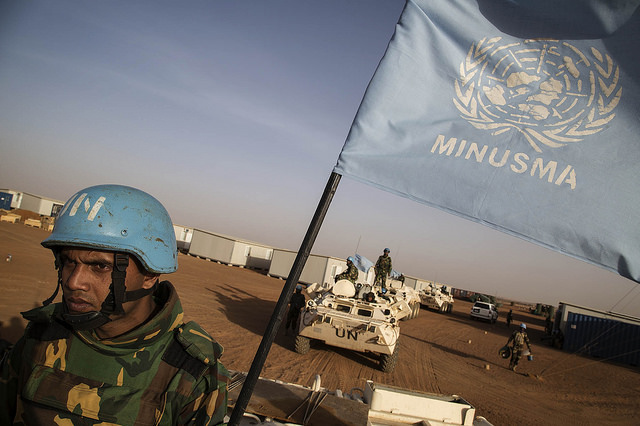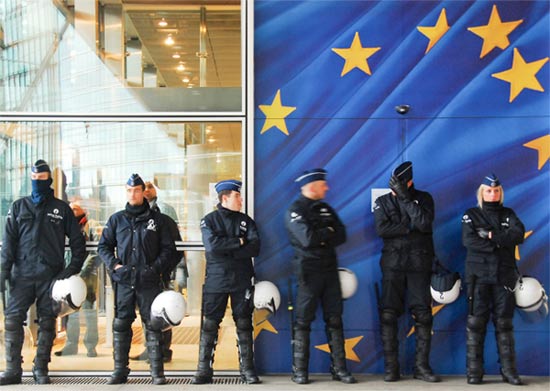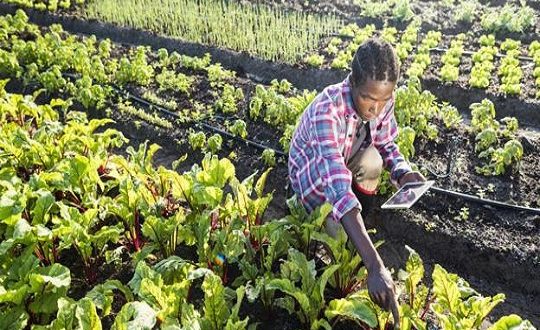Formally begun in 2007 by the African Union, the Sahel’s green wall which consisted in planting trees to fight desertification has been facing headwinds partly due to drought, conflict and lack of funding.
The project is estimated to cost 36 billion dollars and be completed after 17 years from its launch but was hampered by a lack of funding.
It was also planned to generate 10 million jobs and absorb 250 million tons of carbon by 2030.
Dubbed the Great Green Wall, the project initially included Burkina Faso, Chad, Djibouti, Eritrea, Ethiopia, Mali, Mauritania, Niger, Nigeria, Senegal, and Sudan. In the years since it started, a handful of others have joined as well.
Most of these countries- save Senegal and Mauritania- are either hit by civil war like Ethiopia or the plague of terrorism as is the case with most of the Sahel. This insecurity further complicates international cooperation on tree planting.
Lack of rainfall in recent years makes already planted trees prone to grow poorly or even die, a fact that has been worsened by one of the worst heatwaves in Africa’s recent history.
By 2020, the project was only 4% complete, notably thanks to efforts in stable countries like Senegal.
Meanwhile, other countries like Ethiopia seem to have developed their own programs. Addis Ababa announced a plan to plant 5 billion trees in 2024 as it seeks to foster climate change mitigation as the country faces extreme environmental events including drought and torrential rains.



